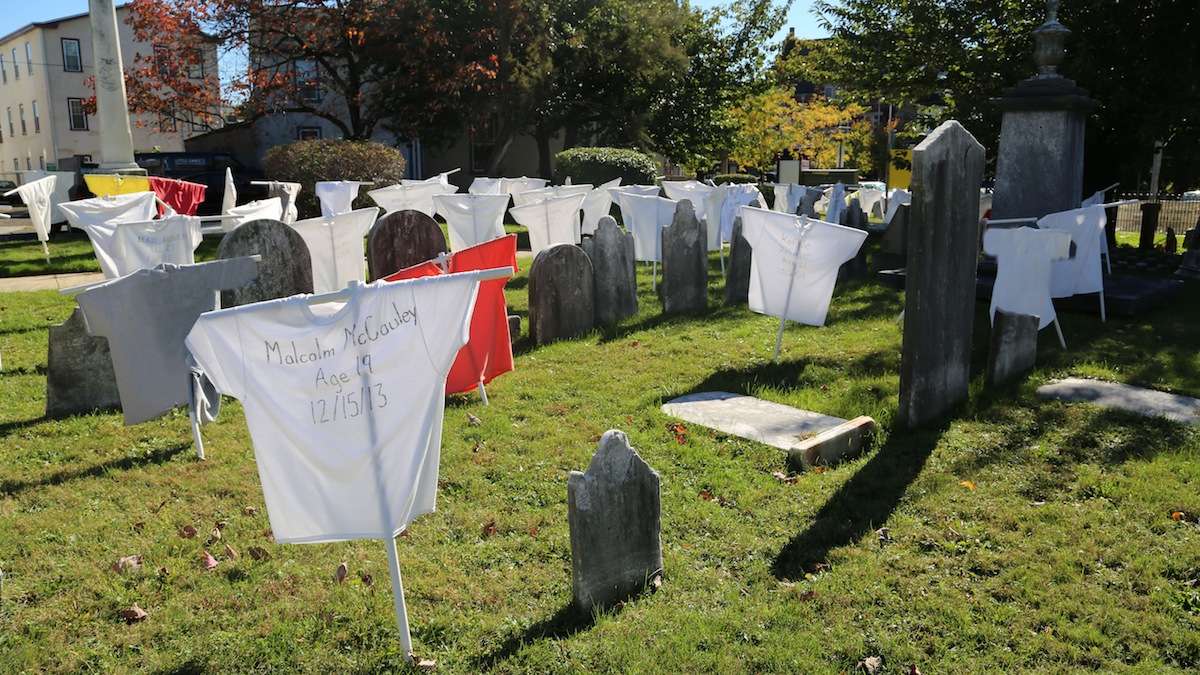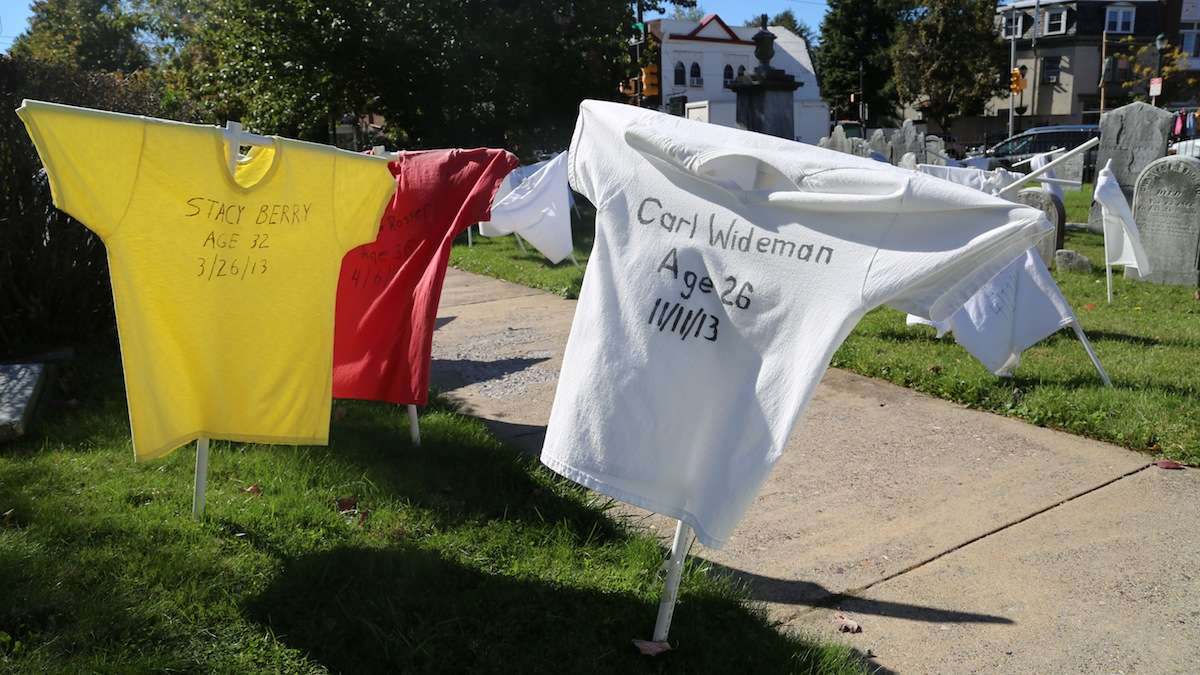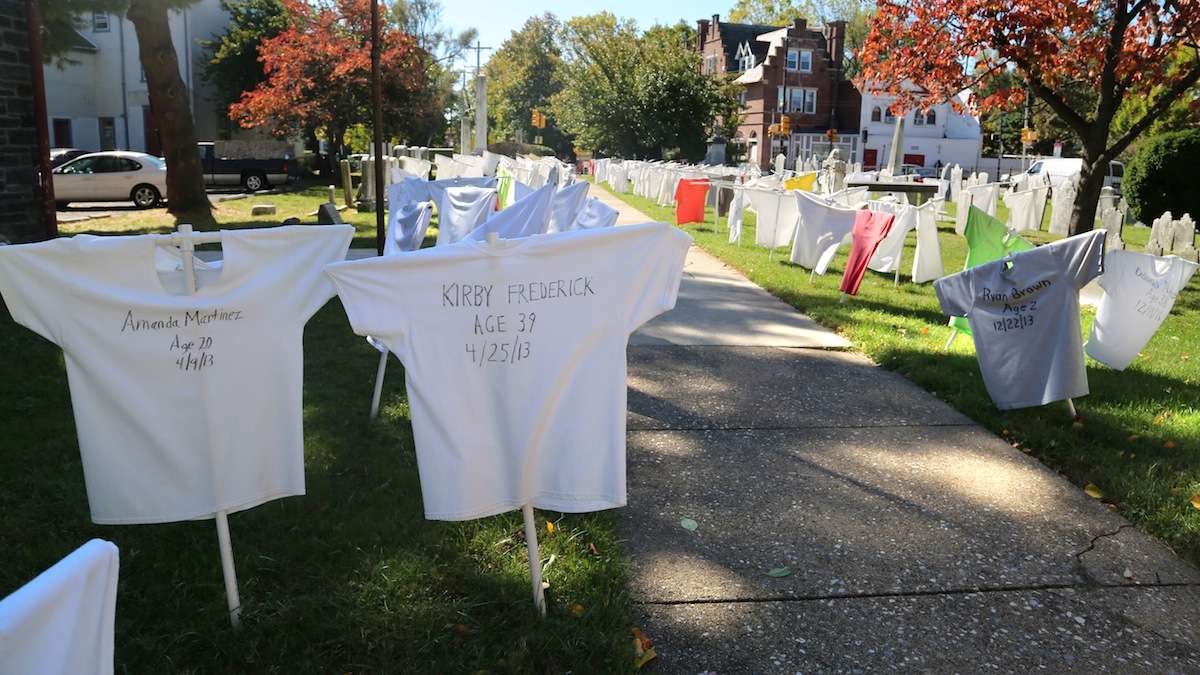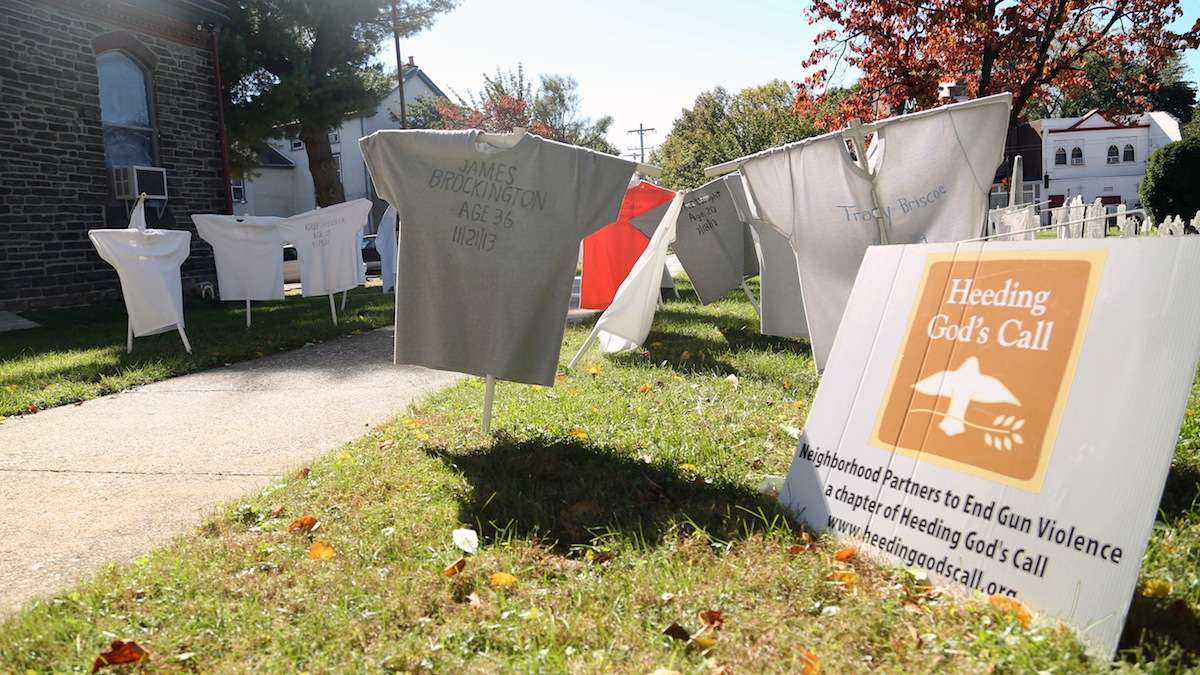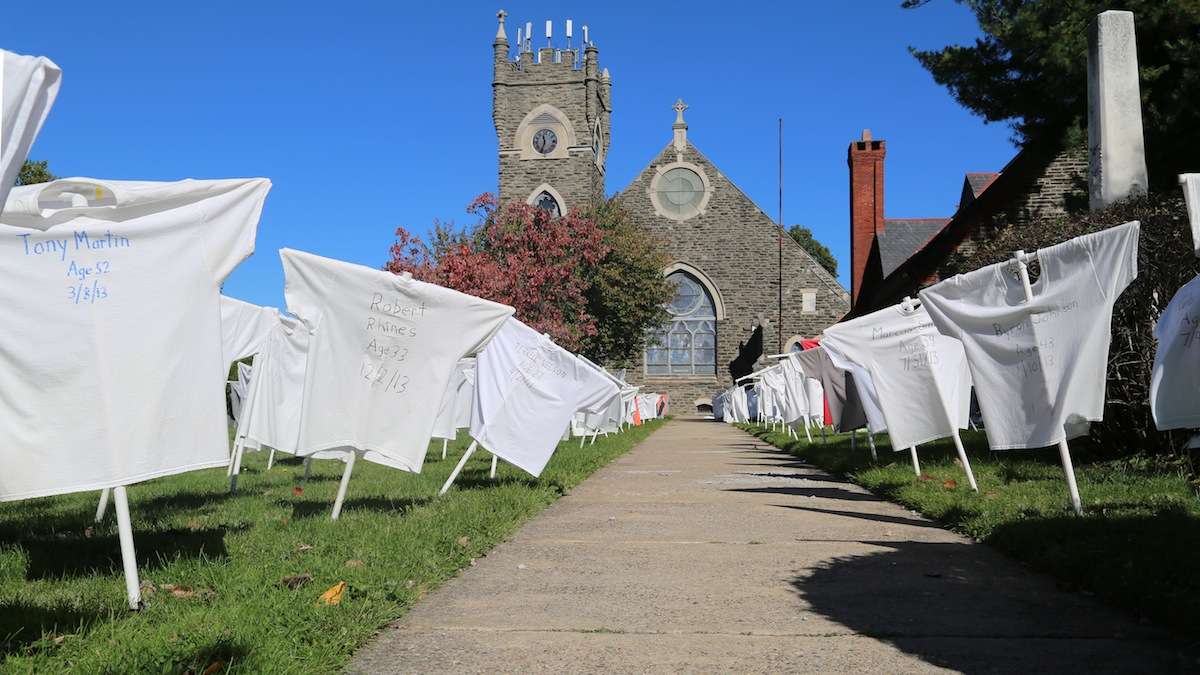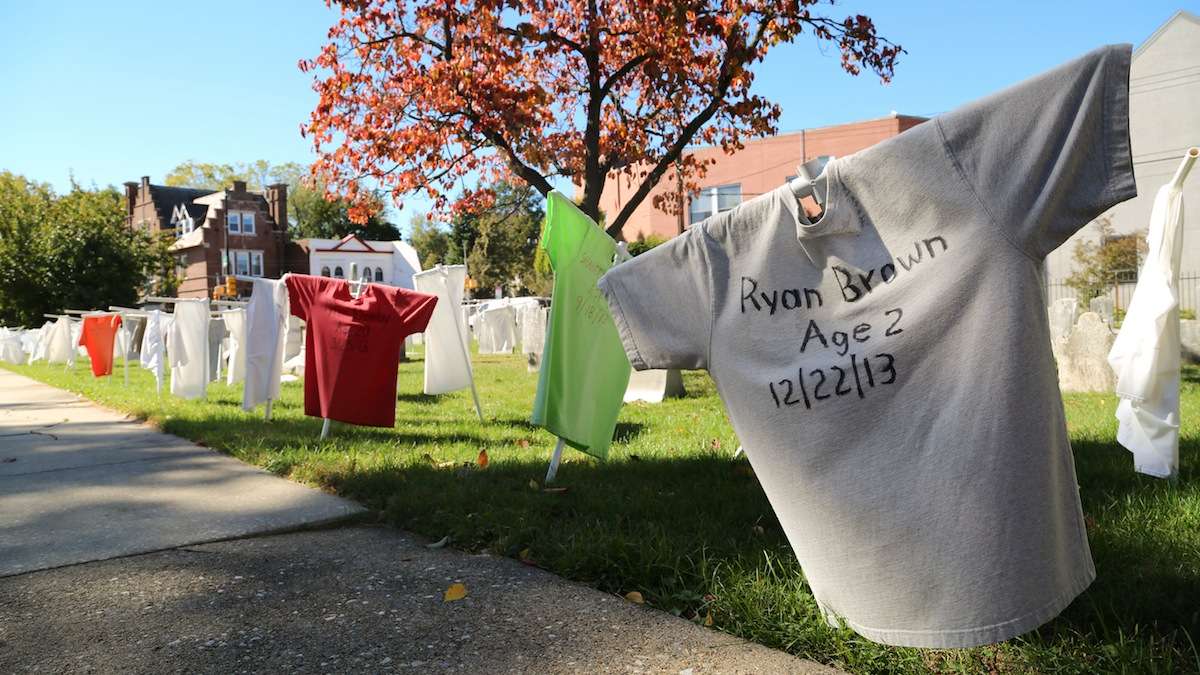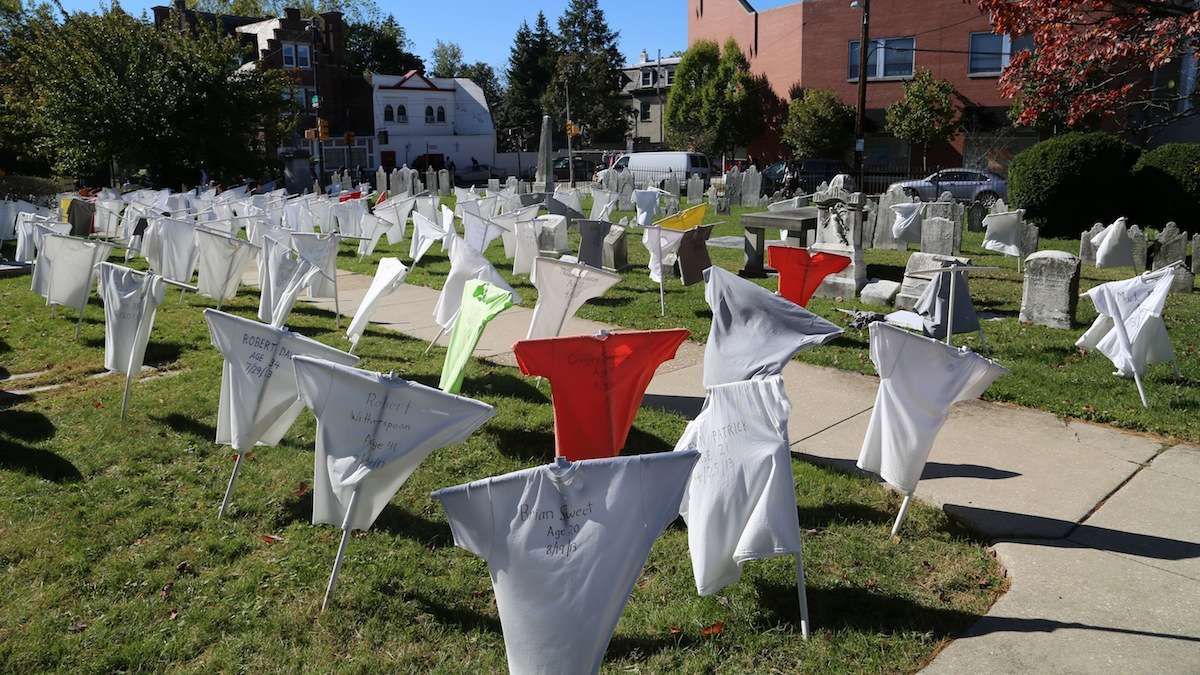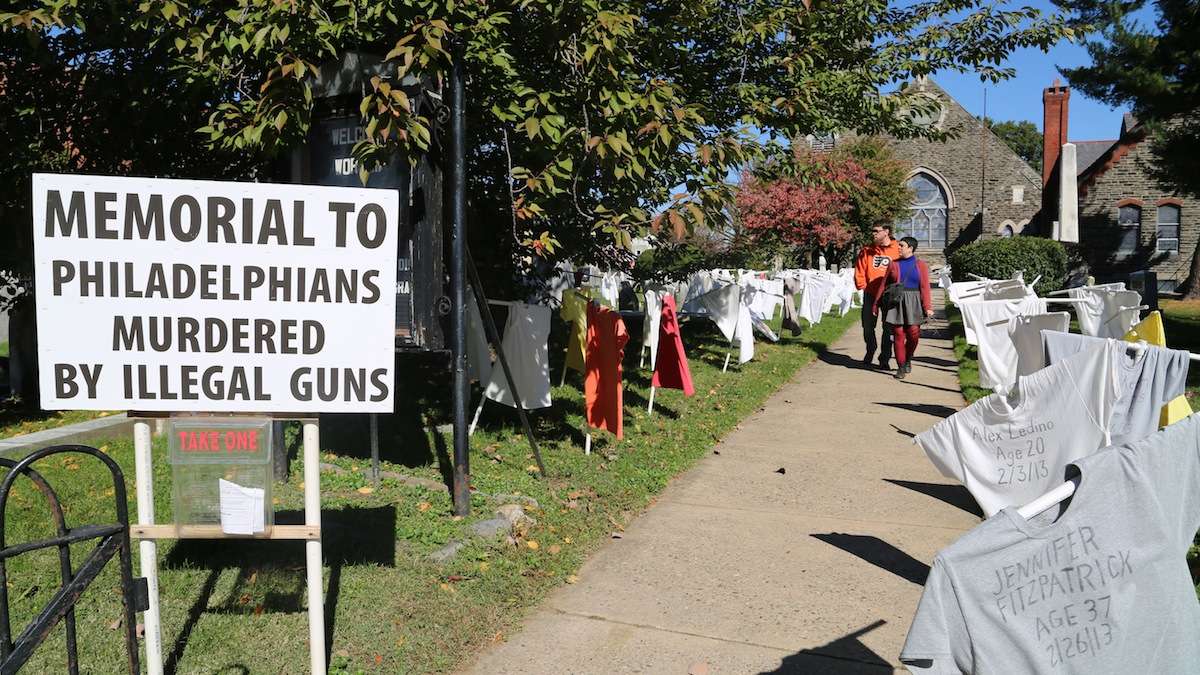Pennsylvania’s crumbling infrastructure and its role in the governor race
ListenFor many Pennsylvanians crumbling infrastructure is a big concern. What are the gubernatorial candidates saying about it?
Education funding, jobs, and a potential natural gas tax have all dominated the campaigns of Pennsylvania gubernatorial candidates, incumbent Republican Tom Corbett and hopeful Democrat Tom Wolf. But an equally immediate concern for many Pennsylvanians is the crumbling infrastructure throughout the state. What are the candidates saying about that?
The transportation bill
Governor Tom Corbett signed a bi-partisan transportation bill, known as Act 89, last year. This bill will ramp up funding over the next five years and eventually add an additional $2.3 billion a year for transportation projects. At one of his ceremonial signings Corbett called the law “the passport to the future when it comes to transportation, but even more so for public safety and economic development.”
It’s a big increase in funding and arguably overdue in Pennsylvania, which has a vast backlog of projects, not to mention ideas for new projects or expansions. Some analysts said this leaves Tom Wolf talking about the more fringe issues in infrastructure. Wolf said, “we should be thinking and talking about what a 21st century transportation infrastructure should look like, and in Pennsylvania that’s especially important. We have regions that aren’t connected as well as they should be. Transportation is the key to that.”
Wolf wants to fix roads and bridges but he’s also interested in high-speed rail for passengers and freight, which is incredibly expensive, and in the case of freight, doesn’t actually exist in the U.S. And he said he will use public-private partnerships to bring this 21st century vision to fruition. So very forward-looking ideas, but a little pie in the sky and probably not something in the state’s immediate future.
What about bridges? Pennsylvania has more structurally deficient bridges than any other state. Structurally deficient bridges are starting to deteriorate, but are still safe to use.
Bridges would also get funding under the transportation bill. In addition, Corbett signed the P-3, or public-private partnerships law, which allows the Pennsylvania Department of Transportation to partner with private entities to more efficiently maintain and build transportation infrastructure. For example, the P-3 law will be used to fix up over 500 small bridges around the state. Wolf has also mentioned that if he gets into office, he would want to expand these kinds of programs and really grow these public–private partnerships.
Pa., as part of the Rust Belt, has many struggling cities, many in actual physical disrepair — potholes, broken sidewalks, parks that are not well maintained — in addition to financial disrepair. What are the candidates saying about helping cities?
Wolf has said, “cities are the wave of the future.” In his plan, he talks about smart growth. He wants more oversight over land use and development, more mixed income-mixed use development, and more technical assistance to local entities in the planning process. He basically said that just handing out grants for specific development projects is not enough. Instead, he said he wants “to make sure that I address root cause issues. We can make deals to make sure that we’re doing the things to seed growth in those areas to try to make urban growth a reality. But I think we need to go beyond that.”
For him, that also comes back to investing in infrastructure in these cities.
Governor Corbett signed land bank enabling legislation. Land banks would quickly process blighted properties and put them back into productive use, and advocates think they’ll be a big deal for cities all around the state that have blight issues. He also signed legislation enabling City Revitalization and Improvement Zones, or CRIZ. One thing Corbett has been criticized for are these kinds of corporate tax break programs, in the name of jobs and development. Economic incentives like CRIZ take tax dollars and shuffle them around from government coffers to help developers, again in the name of jobs and development in cities. The initiative is relatively new, so it’s not clear yet how well this will work.
What about energy infrastructure?
During his last campaign Corbett mentioned that he wanted to create an infrastructure improvement tax credit program, something that hasn’t happened. And he’s been pushing for expanding the state’s web of natural gas refueling stations.
Tom Wolf wants to require large, state-owned real estate to meet green building standards and he wants to accelerate new investments in retrofits for commercial and residential properties to be more energy efficient.
WHYY is your source for fact-based, in-depth journalism and information. As a nonprofit organization, we rely on financial support from readers like you. Please give today.



